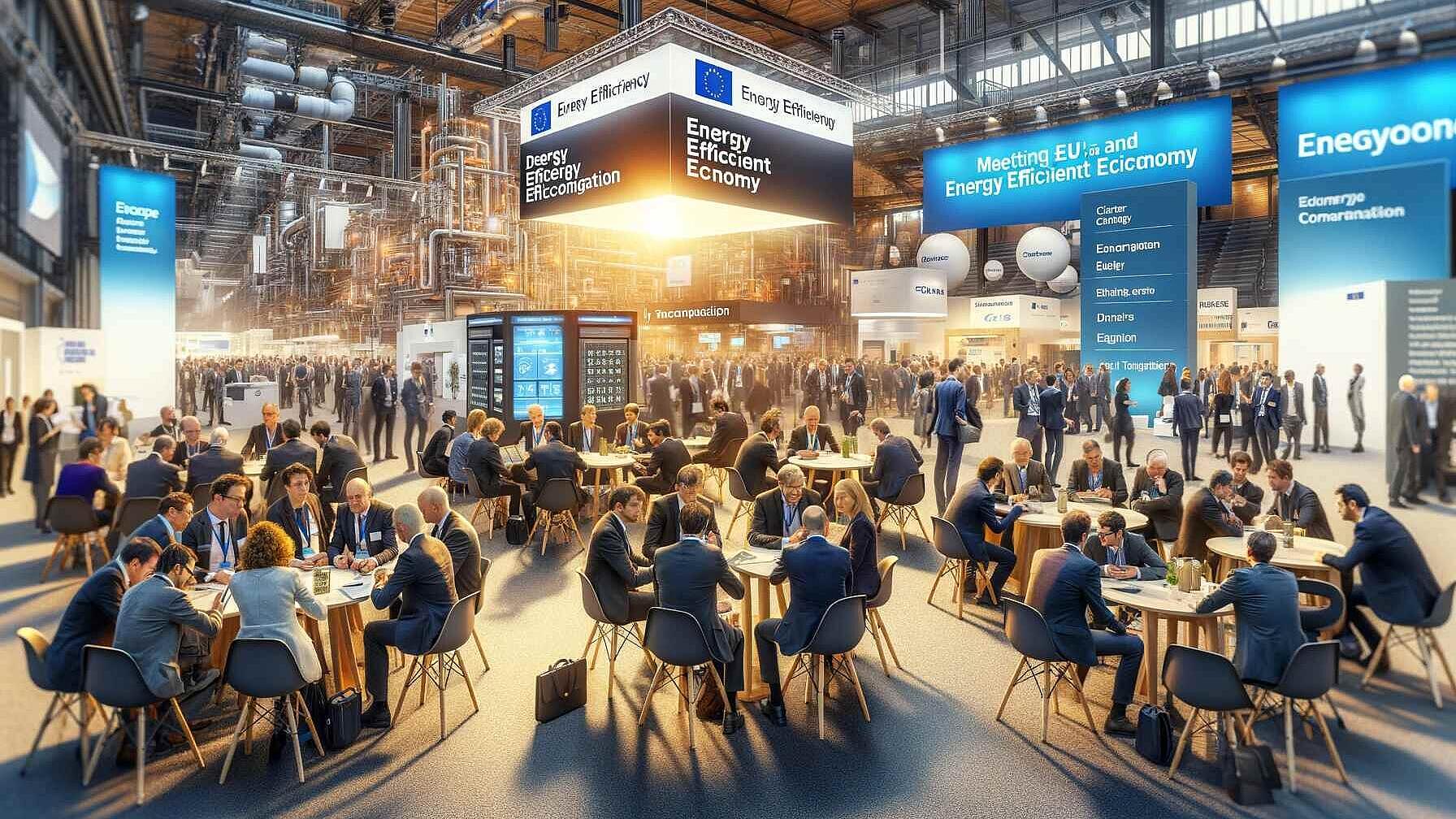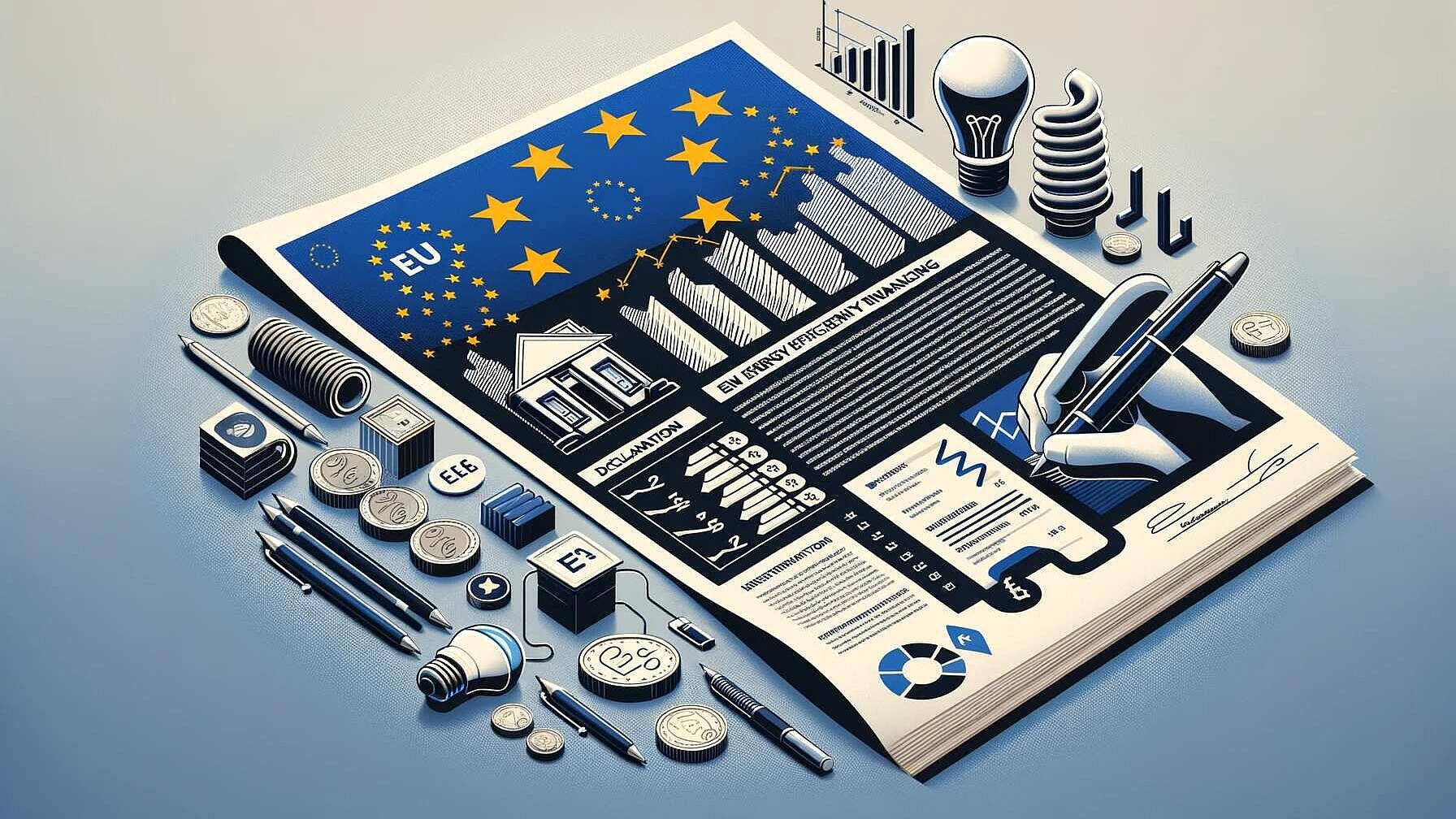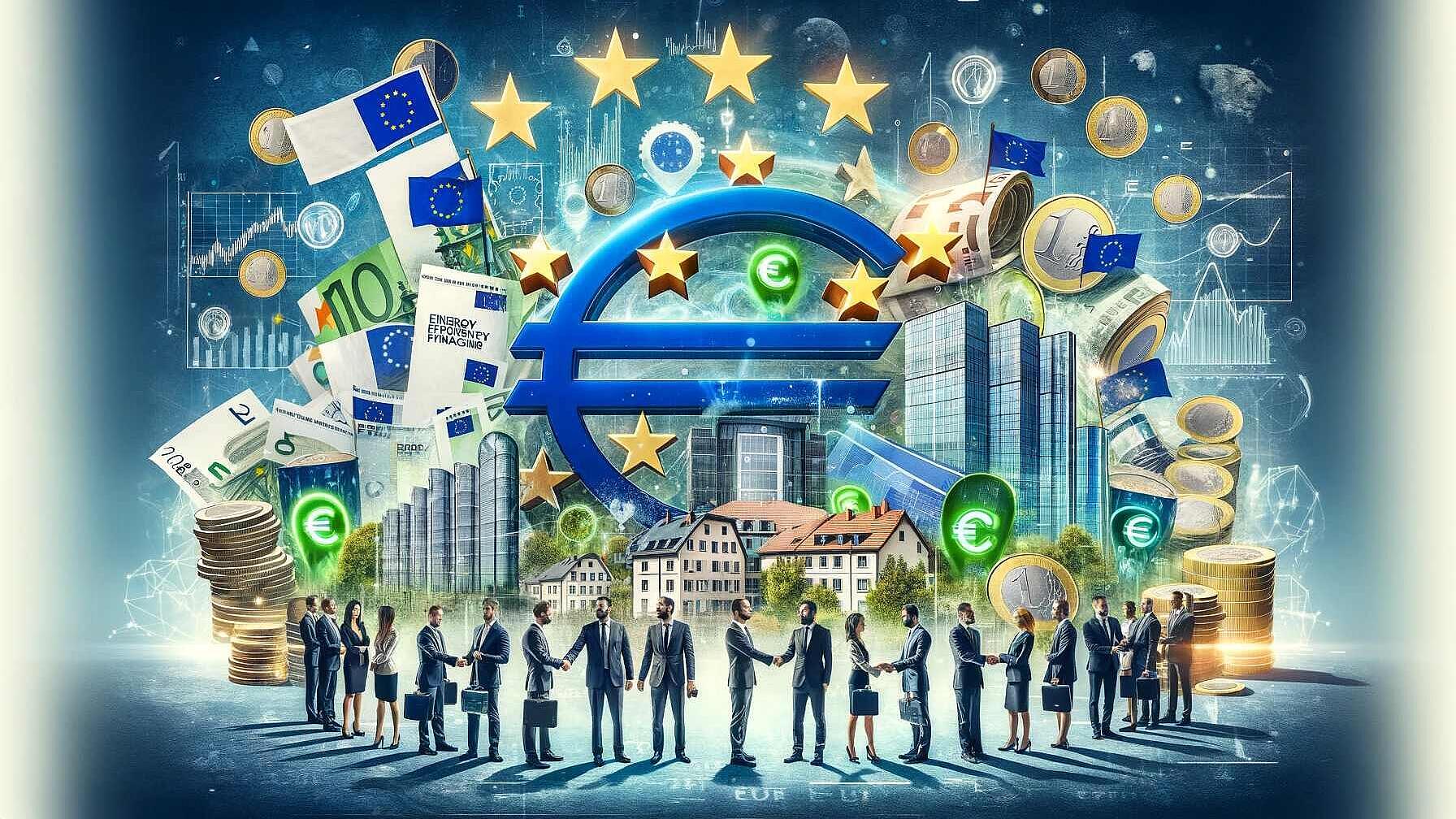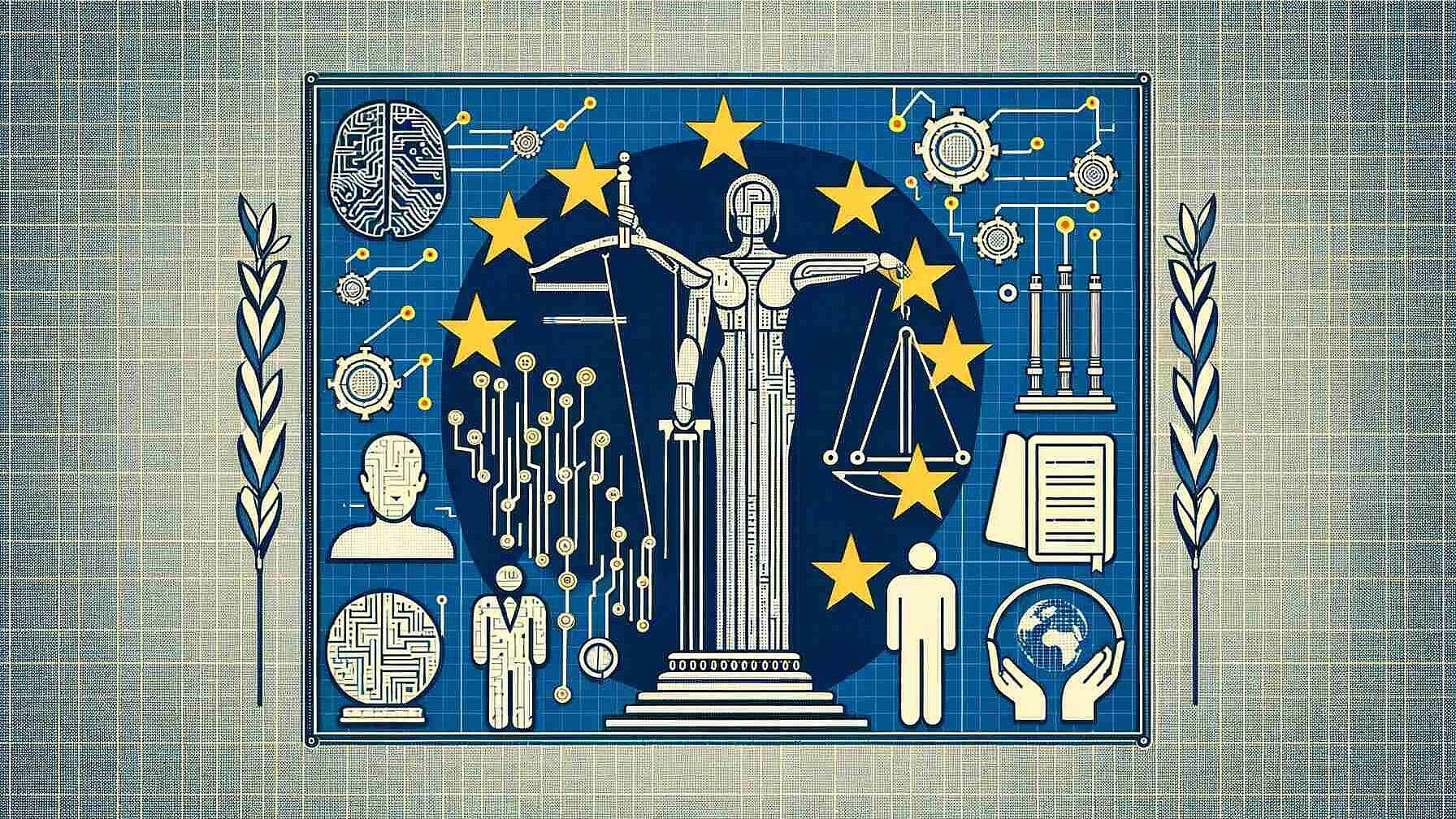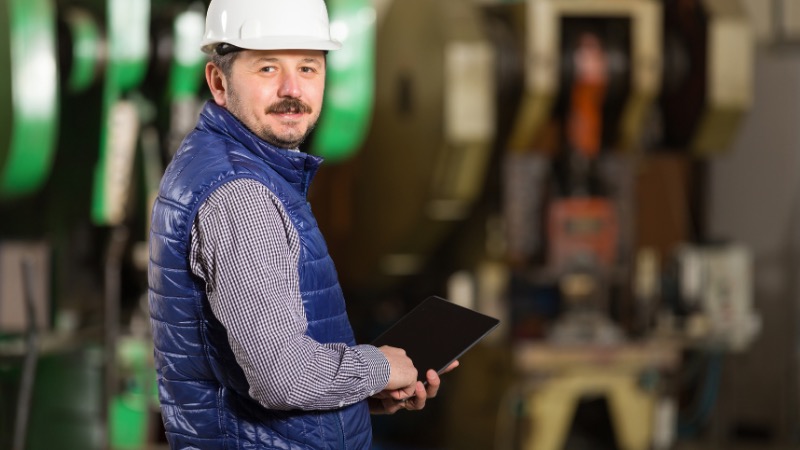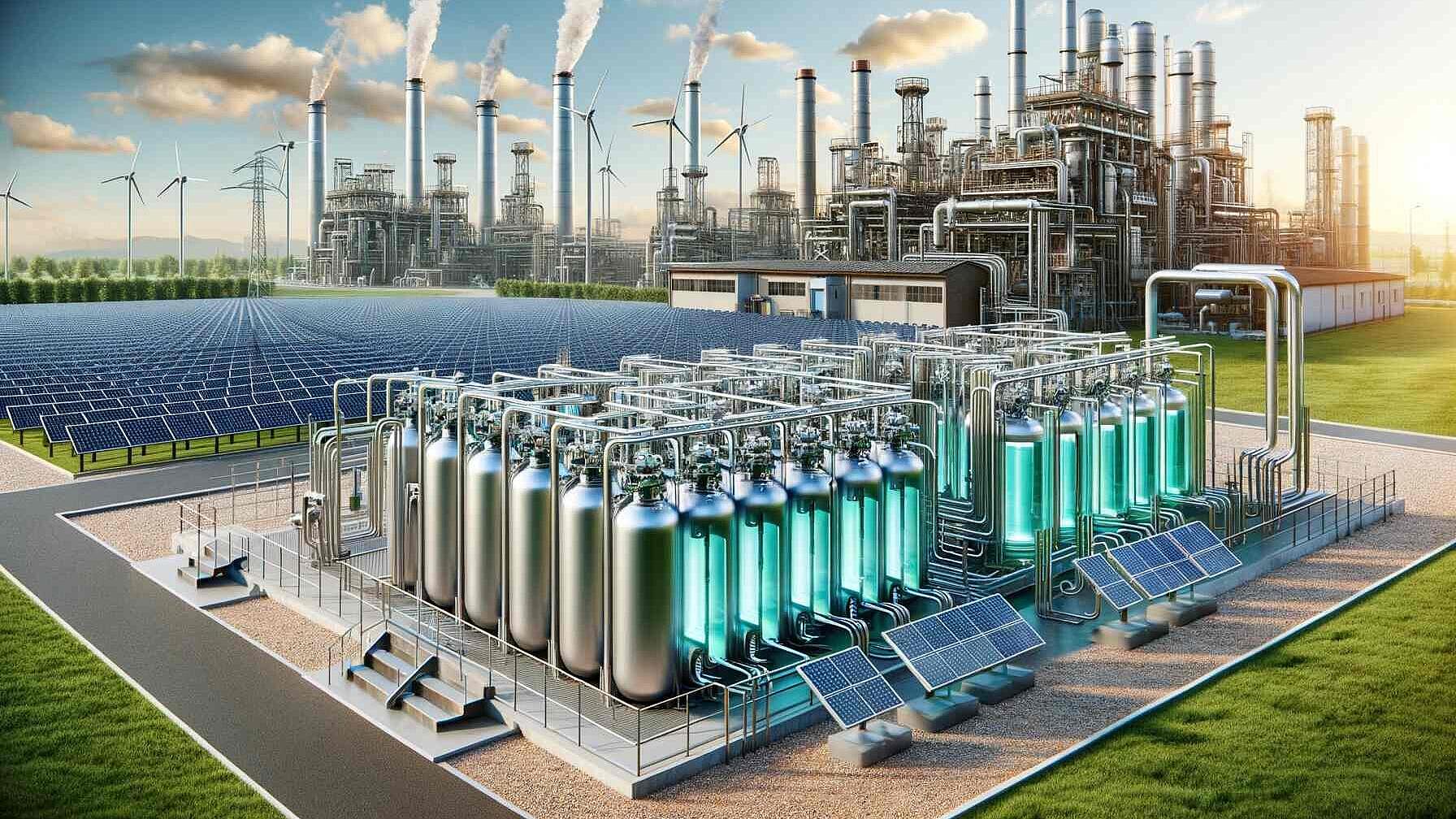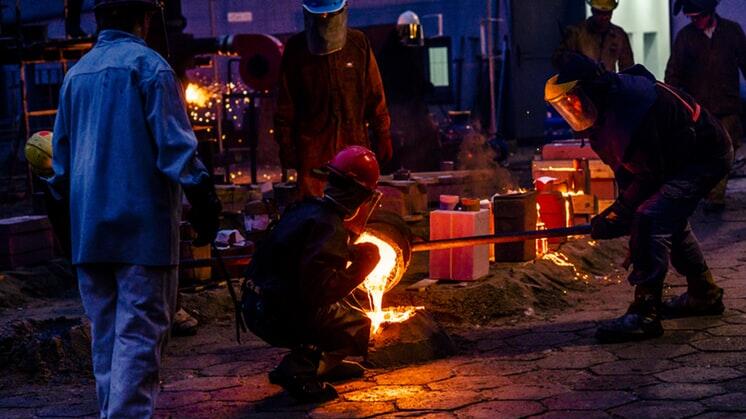 Policy & Regulation
Policy & RegulationPolicy & Regulation
At the eceee energy efficiency conference in Antwerp, industry leaders, policy makers, and other attendees discussed the critical challenge of deeply decarbonizing industry to meet EU and global climate and energy goals. Recognizing the complexities of achieving this while maintaining competitiveness and business continuity, the conference addressed both current energy management strategies and corporate culture, and the transformative shifts required for long-term sustainability. Themes covered included innovative process and technology solutions, the varying perspectives among stakeholders, and barriers to progress, such as apprehensiveness towards change and the unknown aspects of transition. The conference recognized that decarbonizing the economy is uncharted territory requiring a concerted and collective effort. Following the event, the 'Antwerp Declaration for a European Industrial Deal' was signed by 73 industrial leaders, emphasizing commitment to the transformation of industry in Europe and urgent needs for maintaining competitiveness under challenging economic conditions. The impending European Parliament elections were noted as a crucial time for consumer-stakeholder engagement in shaping the path to climate and energy targets.
Read Full articleImpact and nature of the declaration on Energy Efficiency Financing
The EU Energy Efficiency Financing Declaration promotes energy efficiency as crucial for the EU's 2050 decarbonization, targeting a 11.7% increase by 2030. It urges substantial private investment for energy transition, aligning with the EU Green Deal, REPowerEU, and Paris Agreement goals, aiming for climate neutrality and economic resilience. The declaration establishes the European Energy Efficiency Financing Coalition to mobilize funding and outlines public sector leadership and investment conditions for energy efficiency projects.
Read Full articleJoint Declaration on the European Energy Efficiency Financing Coalition - Signed by Commission and all Member States
The European Energy Efficiency Financing Coalition was established through a Joint Declaration to mobilize private investment and create a robust funding framework for energy efficiency projects. The Coalition aims to bolster market environments and scale private funding to meet EU energy and climate targets.
Read Full articleArtificial Intelligence Act: Landmark Deal Reached for World's First AI Rules
The EU's Artificial Intelligence Act, following a three-day negotiation, aims to integrate AI into the European market, balancing innovation with fundamental rights protection. The act's risk-based approach sets stringent rules for high-risk AI applications, excludes certain AI uses, and provides specific law enforcement exceptions. It establishes a governance system, including an AI Board, and introduces penalties for violations. The legislation will take effect two years post-enactment, with a focus on transparent and responsible AI development.
Read Full articleEmpowering Small and Medium-sized Enterprises (SMEs) in the Energy Transition: The DEESME Project
The DEESME project, under EU's Horizon 2020, aids SMEs in energy efficiency endeavours, countering technical, financial, and awareness barriers. It provides a multi-layered approach to align SMEs with EU goals, offering policy recommendations and strategies to effectively implement Article 11 of the Energy Efficiency Directive.
Read Full articleEU Policies for Advancing Green Hydrogen
The European Union is intensifying efforts to foster green hydrogen as a key component of its energy and climate strategy. Policies are being developed to support the production, distribution, and use of green hydrogen, aligning with the EU's broader goals of achieving carbon neutrality and sustainable economic growth.
Read Full articleDecarbonisation of industrial heat: The iron and steel sector
Achieving deep decarbonisation by 2050 is only possible through new production processes. Electricity demand of the sector could increase three-fold by 2050. The production of steel from recycled scrap increases by a range of +30% to +70% versus.
Read Full articleStimulating Consumer Demand for Energy Efficiency Investments
The Energy Efficiency Financial Institutions Group (EEFIG) will soon publish its final report from an expert working group on accelerating consumer demand.
Read Full articleChatGPT and the EU’s Artificial Intelligence Act
The European Union is considering a new legal framework that aims to significantly bolster regulations on the development and use of artificial intelligence. The proposed legislation, the Artificial Intelligence (AI) Act, focuses primarily on strengthening rules around data quality, transparency, human oversight and accountability.
Read Full articlePROJECT MANAGER - EU PROJECT OFFICE
We are looking for a project manager for our EU Project office. EEIP is a neutral, open and global business and policy platform for the energy transition. Founded in 2011, we are serving more than 150.000 users.
Read Full article